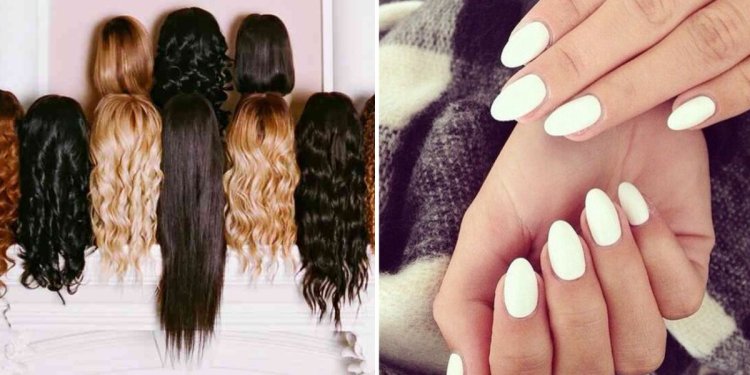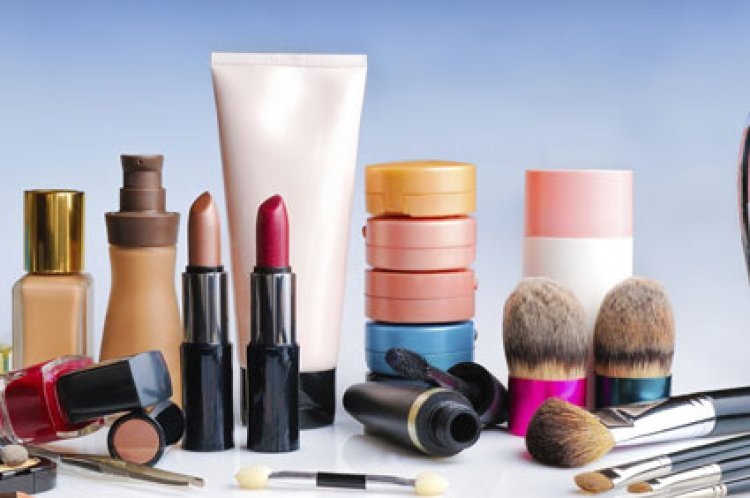Ruto Bows To Raila's Demand, Drops Tax On Wigs, Fake Beards
The House Committee dropped the proposal to impose the said tax on human hair wigs, false eyelashes, beards and artificial nails.

On Wednesday, June 14, Members of Parliament abolished a plan by President William Ruto's government to impose to tax wigs, human hair, false beards, eyebrows and eyelashes at a 5 per cent excise duty in the Finance Bill 2023.
This followed a proposal on the same by the National Treasury which was feared to be a huge blow to the beauty sector in Kenya and which would have seen a rise in the excise stamp charges for beauty and cosmetic products from Ksh0.6 to Ksh2.5 per stamp, being a 316 per cent hike.
Despite being barely mentioned during the reading of the 2023/24 budget by Treasury Cabinet Secretary (CS) Njuguna Ndung'u on Thursday, June 15, the tax attracted heated debate in the House with Minority Leader of the National Assembly Opiyo Wandayi opposing the 5 per cent excise tax on items considered among the main drivers of Kenya's beauty economy, including artificial nails.

Side by side image of wigs and a woman wearing artificial nails. /VIRALTEAKE
“This government does not want to see our people looking good and beautiful. Those beauty parlours and barber shops have employed people, what does that mean to the common mwananchi who fully depends on selling beauty products?” he posed.
The National Assembly, in turn, invited the public to submit their views on the proposals in the Finance Bill 2023 before the budget reading. After deliberation, the House Committee dropped the proposal to impose the said tax on human hair wigs, false eyelashes, beards and artificial nails.
Critics argued that the tax would reduce the purchasing power of middle-class and low-income consumers who have contributed to the growth of the beauty industry.
“It is a relief. However, it is important to understand that our profit margins are not as high as perceived by some. Human hair prices had already gone up with the increase in the dollar rate.
"The proposed five per cent tax would have pushed the prices higher from the minimum Ksh25,000 currently, making them unaffordable,” a wig maker at Nairobi’s Dubois Road told the Business Daily.
She is among the hundreds of traders who stitch bundles of human hair to create a voluminous wig. One bundle of human hair ranges from Ksh6,000, and they use up to three or four bundles.
“Had the tax been implemented, we would have been forced to increase the prices of wigs. This would have placed an additional financial burden on our customers, making our products less affordable and potentially reducing demand,” she added.
Anjarwalla & Khanna, and Haki Yetu argued that “taxing beauty products is likely to push many young men and women out of business since the beauty industry has employed many people, who could be pushed out of business if the clients are no longer able to afford their service.”
“The Committee agreed with the proposal to delete clause 43(a) paragraph (vi) to align with the need to keep beauty products for women at an affordable level,” the Committee stated.
The growth of the beauty and haircare market in Kenya has seen imports almost double in 2021 to Sh52.09 million from the previous year, with the sector creating jobs through merchandise and small service providers that have sprouted in major towns.
It is worth it to note that while opposing the Finance Bill on Monday, May 8, Azimio la Umoja leader, Raila Odinga termed the tax proposal as one that would not only lock out the youth and women from jobs in that sector, which they dominate but also force beauticians to hike the prices of their wares sold to customers.
"Kenya Kwanza wants to treat beauty as a luxury. Beauty products such as wigs, false beards, eyelashes, human hair, and artificial nails, among others, will see their taxes rise from Ksh0.6 to Ksh2.5 per stamp. This is a 316 per cent hike.
"Like the digital economy, the beauty industry has become a major employer, particularly of our youth and women who have been unable to find work elsewhere. It is a home to hustlers and now Kenya Kwanza is going after their earnings. We disagree," he went on.
The cosmetics industry in Kenya is estimated at Ksh100 billion, with products such as deodorants and antiperspirants, glycerine, hair spray, lip balm (lip salve), lip shine (lip gloss), lipstick, aftershave, baby oils, body oils, and shea butter being in circulation every day.







